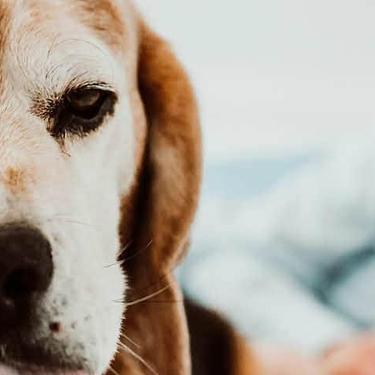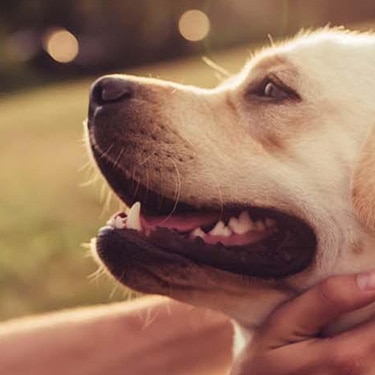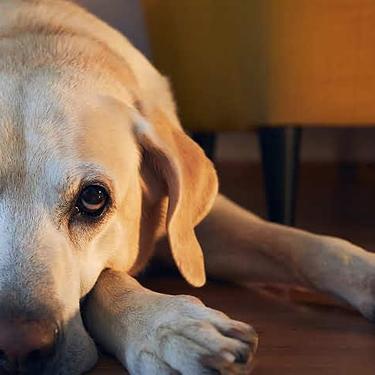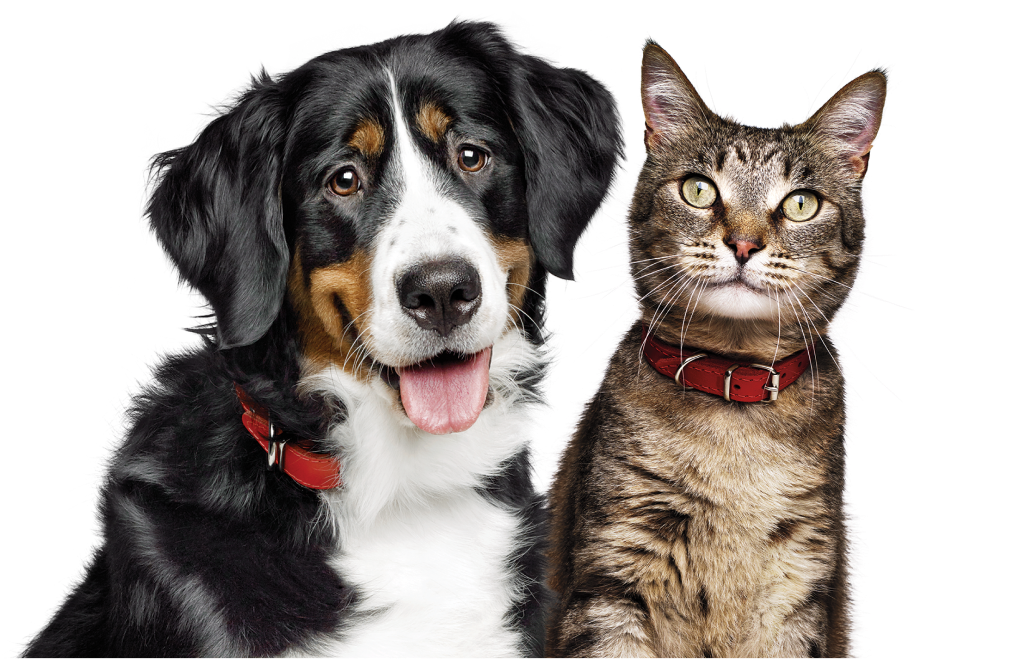Despite the huge size, the Bouvier des Flandres is a calm and docile dog known for having a pleasant nature, and is a great family pet. The Bouvier can get along well with other animals if raised with them; if not, some can be aggressive toward other dogs.
The Bouvier is easy to train. Some people say that once taught, a Bouvier will never forget a command. The dogs are, however, slow to mature physically and mentally, and are not considered fully grown until the age of two or three. Although not a guard dog by nature, the Bouvier is loyal to its family and makes an excellent watchdog.
The dog's elaborate coat requires grooming at least weekly and professional trimming a few times a year is also advised, particularly to remove excess hair in the ears and between the pads of the feet. The Bouvier is an average shedder, but regular grooming will keep shedding in check.
The breed is not very active inside the home and can adjust to urban living if given regular walks, but because of its size, is probably more suited to suburban or country living. Obedience training and socialization beginning at an early age are advised to prevent over-protectiveness. Two small daily meals instead of one large meal should be fed, and these dogs should rest for an hour or two after meals to minimize their risk of bloating.
The Bouvier des Flandres breed was well underway in the early 1900s. The dogs were initially bred in the Flanders region of Belgium and Northern France to herd cattle. Bouvier des Flandres means "cow herder from Flanders." No one is certain, but the breed may have resulted from crossing the griffon and the beauceron.
During World War I, the Bouvier was used for rescuing and carrying messages. Many of the dogs were lost in duty, Flanders was largely destroyed, and the breed nearly became extinct. Credit for resurrecting the breed from a few remaining individual dogs goes to a Belgian army veterinarian. Today, the Bouvier is not only a fine family companion but serves as a watchdog, a guide for the blind, a police dog, and a tracking dog.






















